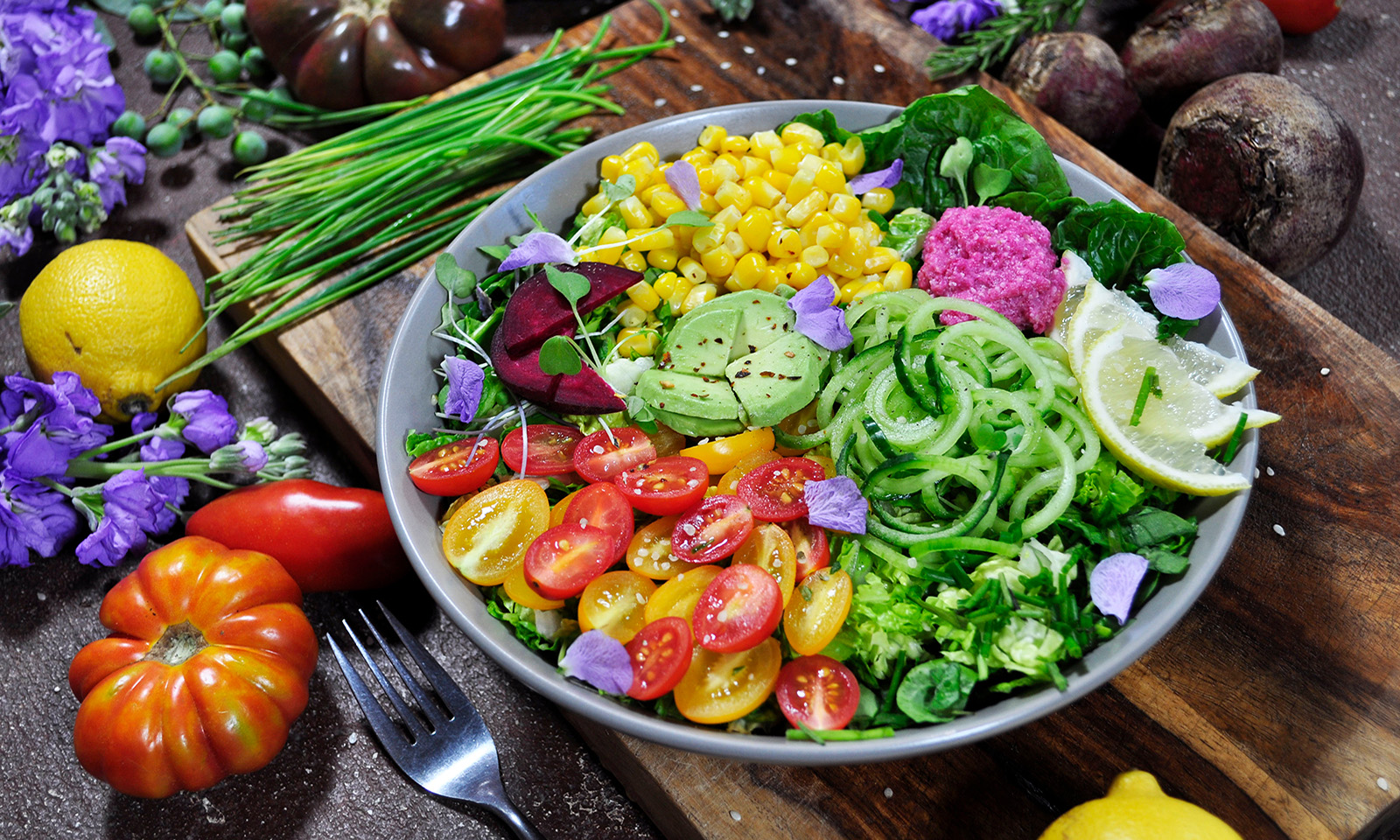

Ever wondered if there was a way to make cooking easier on the environment? With more and more people becoming aware of their environmental impact, making small changes in our daily routine can add significant results. From choosing sustainable ingredients for your recipes, using reusable kitchen items, and considering efficient energy options when preparing meals, it’s easier than ever to start making eco-friendlier choices while you cook.
In this article, we’ll explore some great tips and tricks to help you save energy and money while still whipping up delicious dishes.
Use natural ingredients whenever possible
Cooking in an eco-friendly manner helps the environment and can be a great way to get creative in the kitchen. Using all-natural ingredients reduces environmental impact and boosts the taste and healthiness of dishes. Since these ingredients don’t come with preservatives and chemicals, they enhance meals’ flavor and nutrients without additional additives.
For instance, adding freshly harvested fruits or vegetables to a salad is an easy way to make eco-friendly meals while still delivering fantastic flavor. Natural ingredients are also cheaper than processed food, thus making cooking in an eco-friendly manner more affordable too. The next time you plan on whipping dinner for your family, why not choose natural ingredients as part of your recipe or check out https://mealmatchmaker.com for the best delivery service.
Avoid using disposable dishes and utensils
Another great way to make your meals more eco-friendly is to avoid using disposable dishes and utensils. Disposable plates, cups, straws, and cutlery are made out of plastic which isn’t biodegradable or recyclable, so it can take hundreds of years for these items to break down in nature. A much better alternative would be to use ceramic plates and stainless steel utensils, which are reusable, durable, and long-lasting.
If you’re uncomfortable with hosting people over using regular kitchen items, try switching up the materials used for tableware, such as bamboo or sugarcane plates, instead of paper or Styrofoam ones. That way, you can still make your meal look great while making it eco-friendly.
Use energy-efficient devices
Using energy-efficient kitchen items such as energy star certified refrigerators, dishwashers, and ovens can significantly reduce your environmental impact when cooking. Make sure to switch off all appliances after you’ve cooked your meal, which will also help you save on electricity costs.
It would help if you also considered using eco-friendly cookware and bakeware such as ceramic pans or cast iron skillets, which are more durable and require less energy for cooking. Additionally, try to use solar ovens that utilize the sun’s power for preparing meals without needing an additional electrical source of heat.
Reuse cooking water for plants or other purposes
When you’re done cooking, instead of pouring used water down the drain, consider ways to reuse it. For instance, you can use the leftover water from boiling vegetables or grains to nourish nearby plants or use it while doing laundry. This water can also fill up a bucket and make homemade soaps that are healthy for your skin and don’t contain any harsh chemicals found in store-bought products.
Reusing cooking water is both eco-friendly and a great way to save money, as you won’t need to buy additional items such as soaps and detergents.
Recycle packaging materials from food items
When purchasing food items such as frozen veggies, canned fruits, or boxed pasta, try avoiding packages with many non-recyclable materials such as Styrofoam. Try to opt for cardboard, paper, and glass packaging materials instead of plastic ones because these are easier to recycle and don’t take hundreds of years to break down.
Also, instead of buying pre-cut veggies or fruits, try to purchase the whole item to reduce the amount of packaging used for transporting it. If you’re purchasing food items from a grocery store, bring your reusable bags with you, as you won’t need additional plastic bags.
Compost food waste
If you have a backyard or a community garden, you can easily practice composting using your kitchen scraps, such as vegetable peels and coffee grounds. Not only is this good for the environment, but it’s also great for fertilizing plants so you can enjoy fresh organic produce from your home.
If you need access to a backyard or garden, there are still ways to compost food waste, such as using a worm bin or collecting food scraps from restaurants and grocery stores. It is also an excellent way to reduce the amount of trash sent to landfills.
Opt for sustainable methods of transportation
If you’re planning on taking a trip to buy ingredients for your eco-friendly meal, try to opt for sustainable transportation methods such as walking or cycling. This way, you won’t be burning fuel and creating additional air pollution while cooking your meal.
If that’s not feasible, consider using public transport or carpooling with family and friends, as this will significantly reduce your carbon footprint. You can also look for stores that offer delivery services this way; you won’t need to travel to buy ingredients for your meal.























